Table of content
Baijiu, a traditional Chinese spirit renowned for its complex flavors and cultural significance, deserves proper storage to maintain its quality over time. Whether you are a casual drinker, a collector, or someone who enjoys aging baijiu for special occasions, understanding the simplest preservation methods ensures that every sip retains its intended aroma, taste, and character. This article explores actionable, no-fuss techniques to store baijiu without requiring specialized equipment or advanced knowledge. By focusing on environmental control, sealing practices, and common-sense handling, you can extend the lifespan of your baijiu and enjoy it at its best.
Understanding Baijiu’s Composition and Aging Potential
Baijiu is a distilled spirit made from fermented grains such as sorghum, rice, wheat, or corn. Its alcohol content typically ranges from 40% to 60% ABV (alcohol by volume), which inherently provides some stability against spoilage. However, factors like oxygen exposure, temperature fluctuations, and light can degrade its flavor compounds over time. Unlike wine, baijiu does not age further in the bottle once bottled, but improper storage can still diminish its quality. The goal of preservation is to slow down chemical reactions that cause flavor fading or off-notes.
Ideal Storage Environment: The Three Pillars
The simplest way to preserve baijiu lies in replicating a stable, low-risk environment. Focus on these three factors:
a. Temperature Control
Baijiu thrives in cool, consistent temperatures. Ideally, store bottles between 50°F (10°C) and 59°F (15°C). Avoid extremes: heat accelerates oxidation and volatilizes delicate aromatics, while freezing temperatures may expand the liquid and compromise seals. A basement, wine cellar, or a dark cupboard away from appliances (ovens, refrigerators) works well. Avoid kitchens or garages where temperatures fluctuate daily.
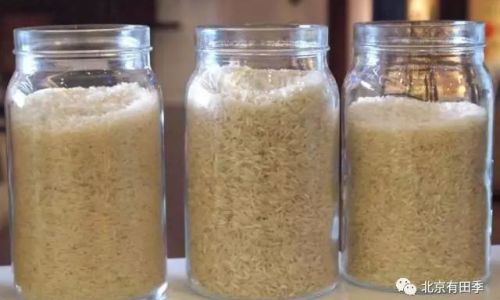
b. Darkness and Light Protection
Ultraviolet (UV) light from sunlight or fluorescent bulbs breaks down organic compounds in baijiu, leading to a flat, muted taste. Always store bottles in darkness or opaque containers. If original packaging is unavailable, wrap bottles in dark cloth or use a dedicated storage box. Clear glass bottles are particularly vulnerable, so prioritize dimly lit areas.
c. Humidity Management
While baijiu isn’t as sensitive to humidity as wine, excessive moisture can degrade labels or corks over time. Aim for 50–70% humidity. Avoid damp basements or bathrooms; instead, use a dehumidifier if necessary or store bottles in sealed plastic bins to stabilize moisture levels.
Sealing Techniques: Locking in Freshness
Proper sealing prevents air from seeping into the bottle and oxidizing the spirit. Here’s how to handle different closure types:
a. Original Corks and Caps
Most baijiu bottles come with corks or screw caps. For cork-sealed bottles:
- Store bottles upright (not horizontally, like wine). Prolonged contact with cork can dry it out, increasing the risk of cracks or air leaks.
- Gently tighten the cork after each use to ensure a snug fit. Avoid forcing it, as this may damage the cork.
For screw-cap bottles:
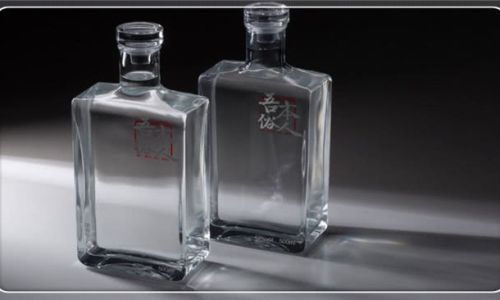
- Ensure the cap is tightly sealed after opening. Screw caps form an airtight seal, making them ideal for long-term storage.
b. Resealing Opened Bottles
Once opened, baijiu begins to oxidize. To slow this process:
- Transfer to a smaller bottle: Decant leftover baijiu into a clean, airtight container (e.g., a half-filled 375ml bottle) to minimize oxygen exposure.
- Use inert gas preservers: For high-end baijiu, spray food-grade nitrogen or argon into the bottle before resealing. This displaces oxygen and preserves freshness.
- Parafilm wrap: For cork-sealed bottles, stretch a layer of parafilm (a moisture-resistant laboratory tape) around the cork and neck to create an extra barrier.
c. Vacuum Sealing
Handheld vacuum pumps remove air from the bottle, creating a partial vacuum. While effective, this method requires purchasing equipment. For simplicity, prioritize tight corks/screw caps and minimize headspace (air above the liquid).
Storage Position: Upright vs. Horizontal
Unlike wine, baijiu should always be stored upright. This prevents the cork from remaining saturated in alcohol, which can cause it to disintegrate or impart off-flavors. Upright storage also reduces the surface area exposed to oxygen, as only the neck of the bottle remains in contact with air.
Avoiding Contamination and Cross-Flavors
Baijiu is highly absorbent and can pick up odors from its surroundings. Never store bottles near:
- Strong-smelling foods (e.g., garlic, cheese).
- Chemicals (cleaning agents, paints).
- Wooden shelves that emit volatile compounds. Use glass, stainless steel, or food-safe plastic shelving instead.
Long-Term vs. Short-Term Storage
a. Unopened Bottles
Unopened baijiu can last indefinitely if stored correctly. However, flavors may mellow or evolve slightly over decades. For collectors, monitor bottles every few years for signs of leakage or cork damage.
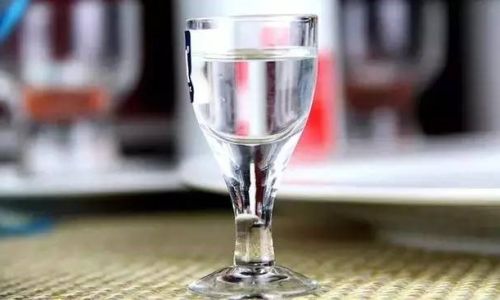
b. Opened Bottles
Once opened, baijiu’s peak freshness lasts 3–12 months, depending on sealing quality. Consume high-end or delicate baijiu within 6 months for optimal taste. Everyday bottles can last up to a year if resealed properly.
Common Mistakes to Avoid
- Storing in direct sunlight: Even indirect light exposure degrades quality.
- Ignoring temperature swings: A stable environment is non-negotiable.
- Using damaged corks: Replace cracked or crumbling corks immediately.
- Overfilling the bottle: Leave 1–2 inches of headspace to prevent spillage during temperature changes.
- Freezing baijiu: Extreme cold damages flavor molecules.
When to Consider Professional Storage
For rare or vintage baijiu worth thousands of dollars, professional cellars offer climate-controlled units with humidity regulation and vibration damping. However, for 99% of drinkers, the methods outlined above are sufficient.
Conclusion: Simplicity Wins
Preserving baijiu doesn’t require elaborate rituals or costly gadgets. By adhering to a cool, dark environment; sealing bottles tightly; and avoiding contaminants, you can enjoy your baijiu’s full potential for years. Remember that baijiu’s high alcohol content acts as a natural preservative, but it’s not invincible. Treat each bottle with care, and it will reward you with a timeless taste of tradition. Whether you’re saving a prized bottle for a milestone or savoring a daily dram, these simple steps ensure that every pour is as intended—crisp, aromatic, and true to its heritage.
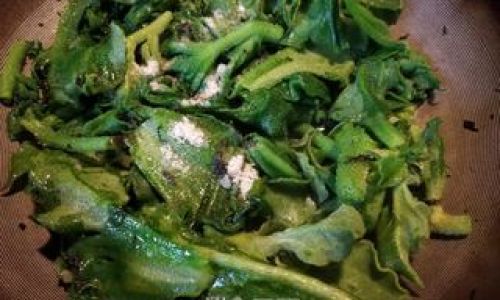
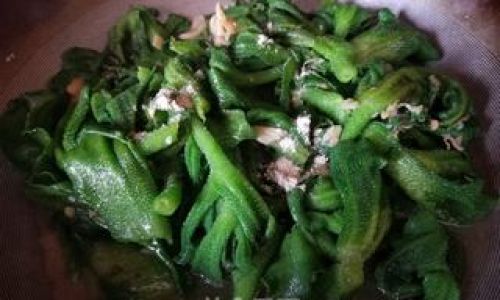
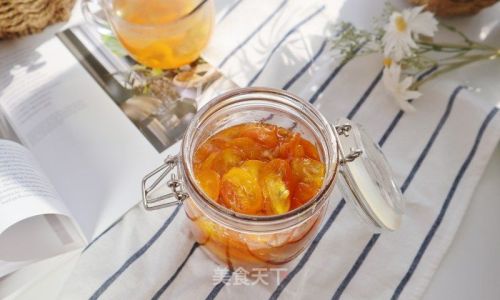
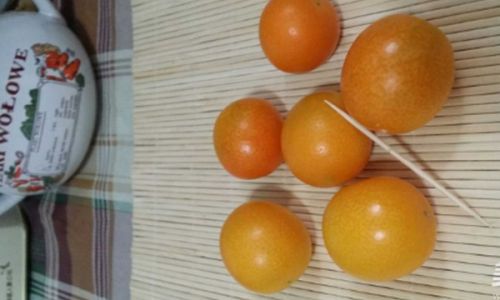
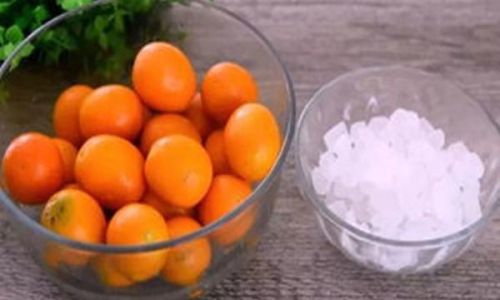
0 comments